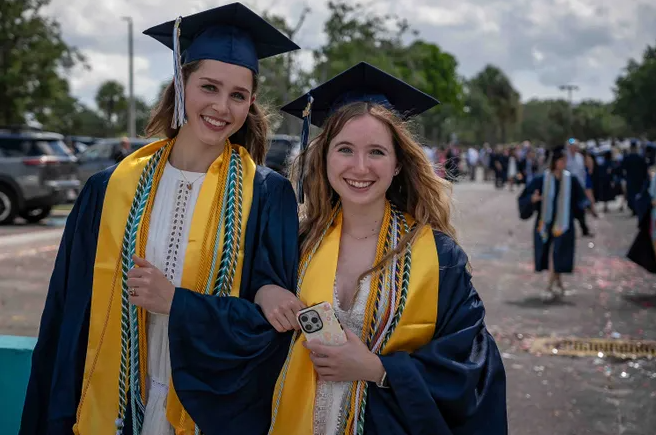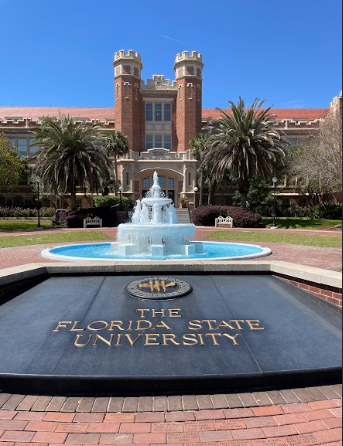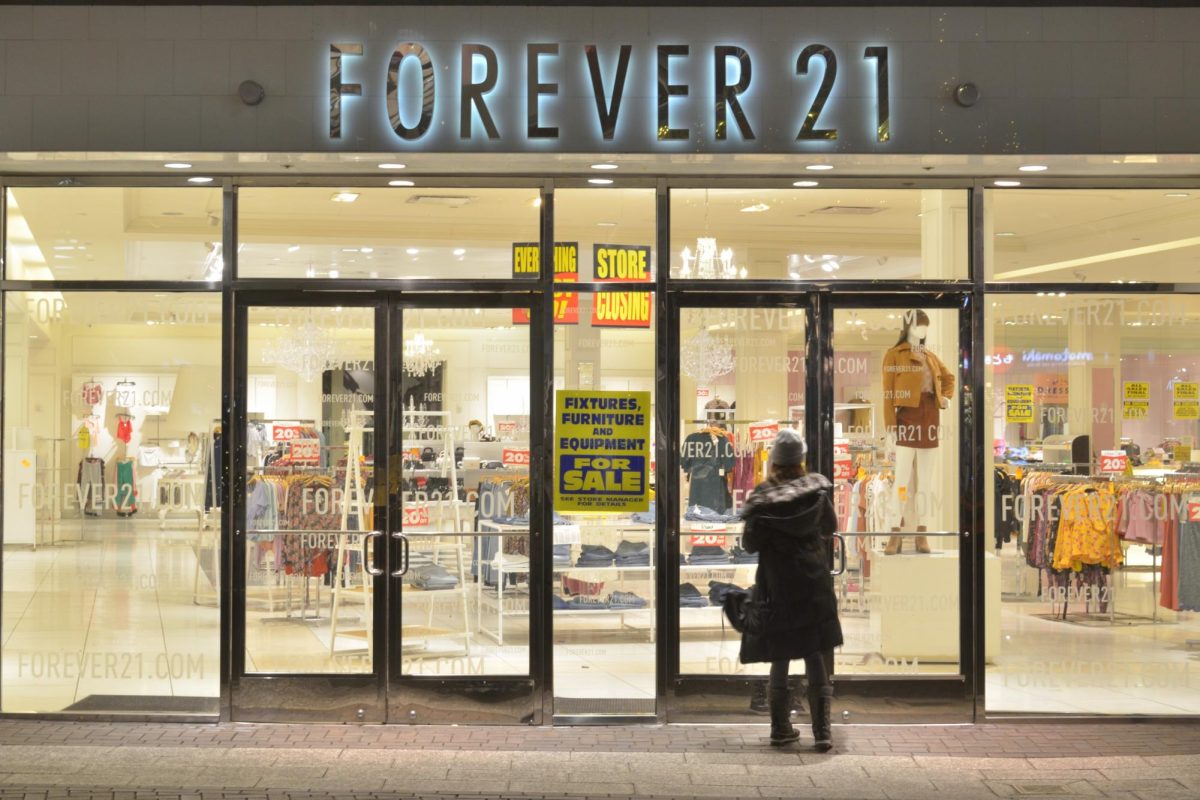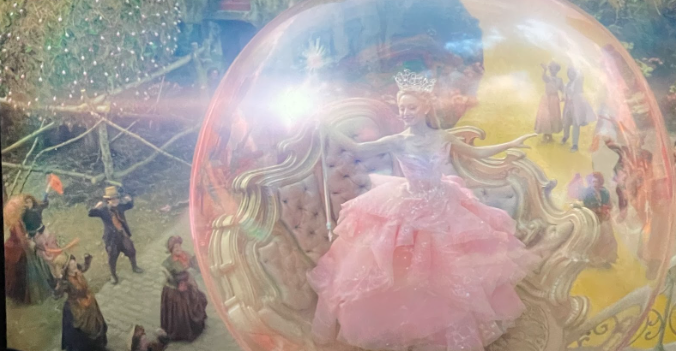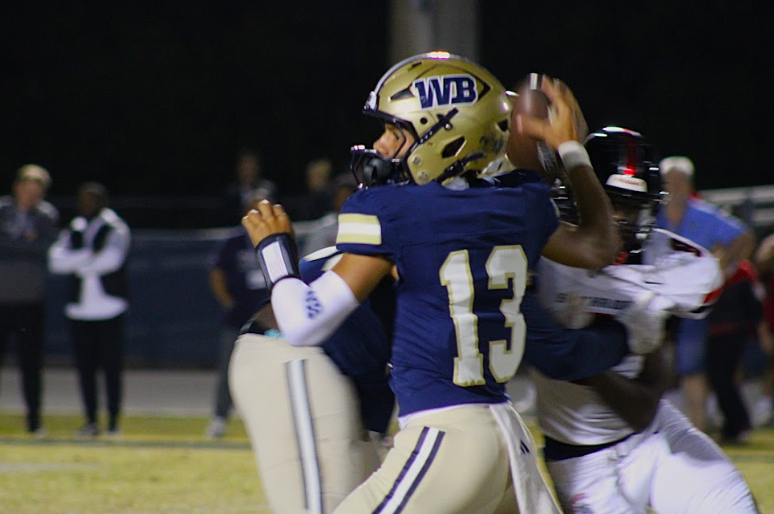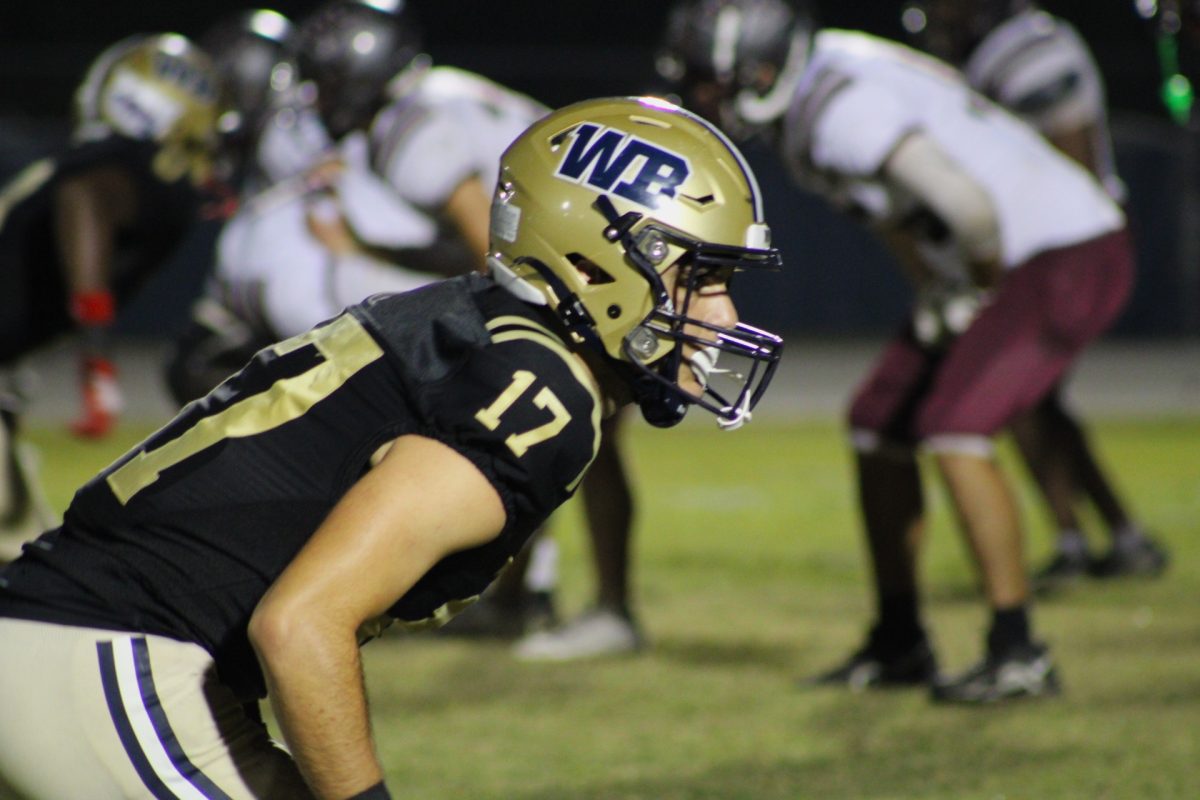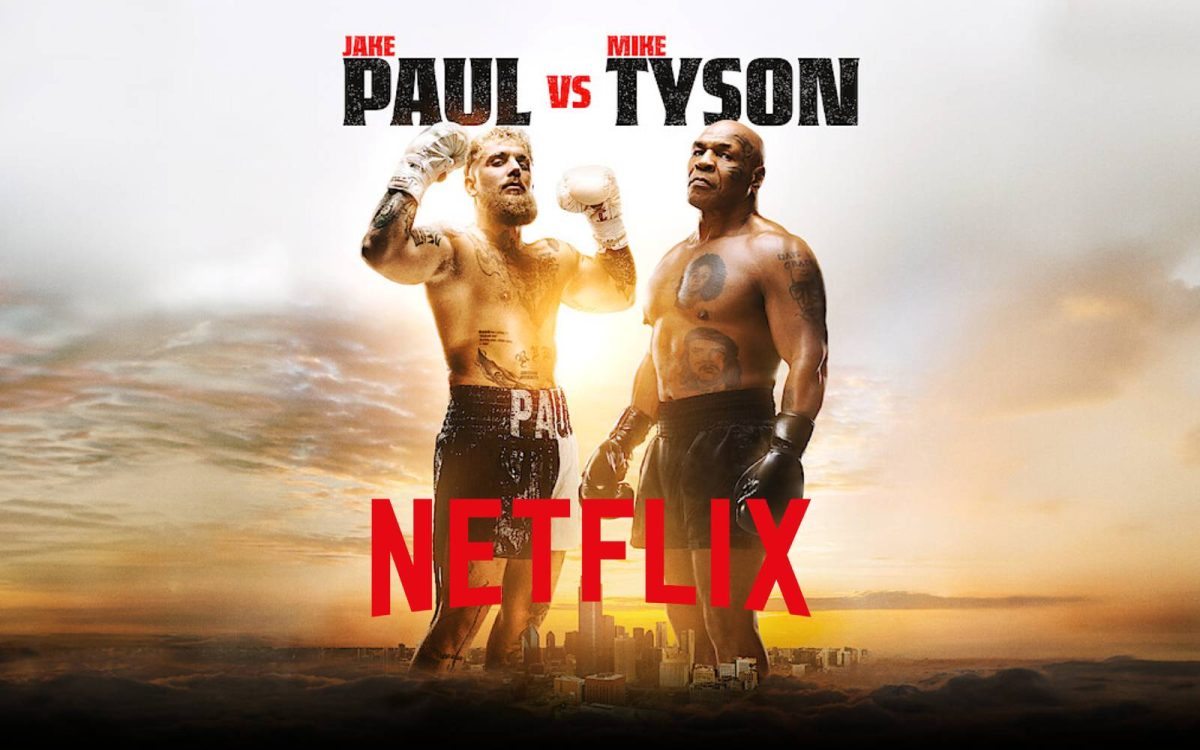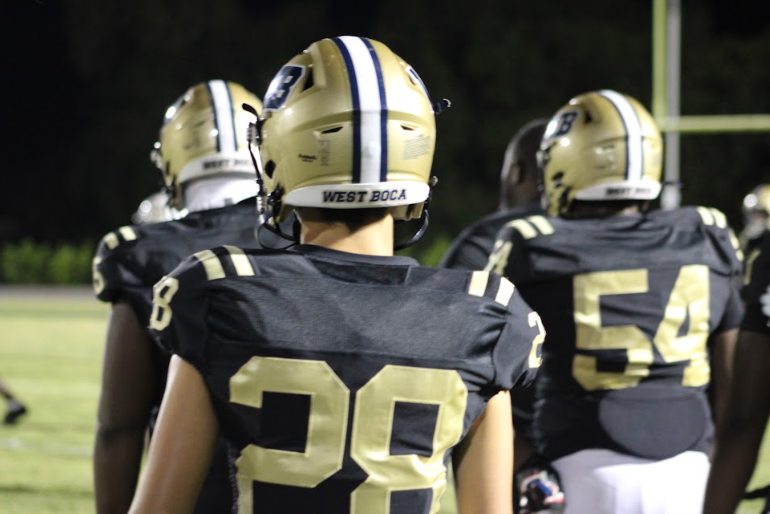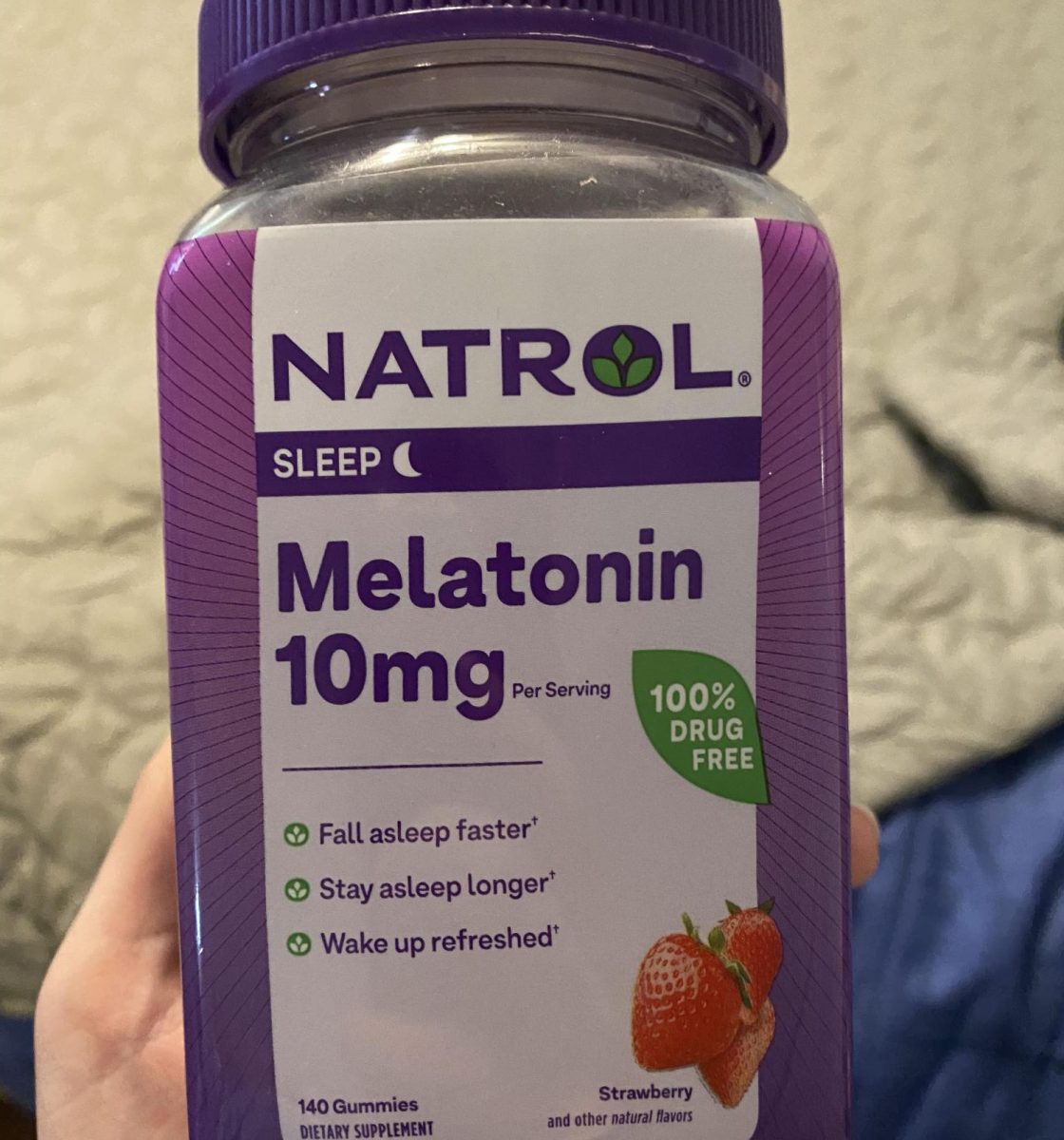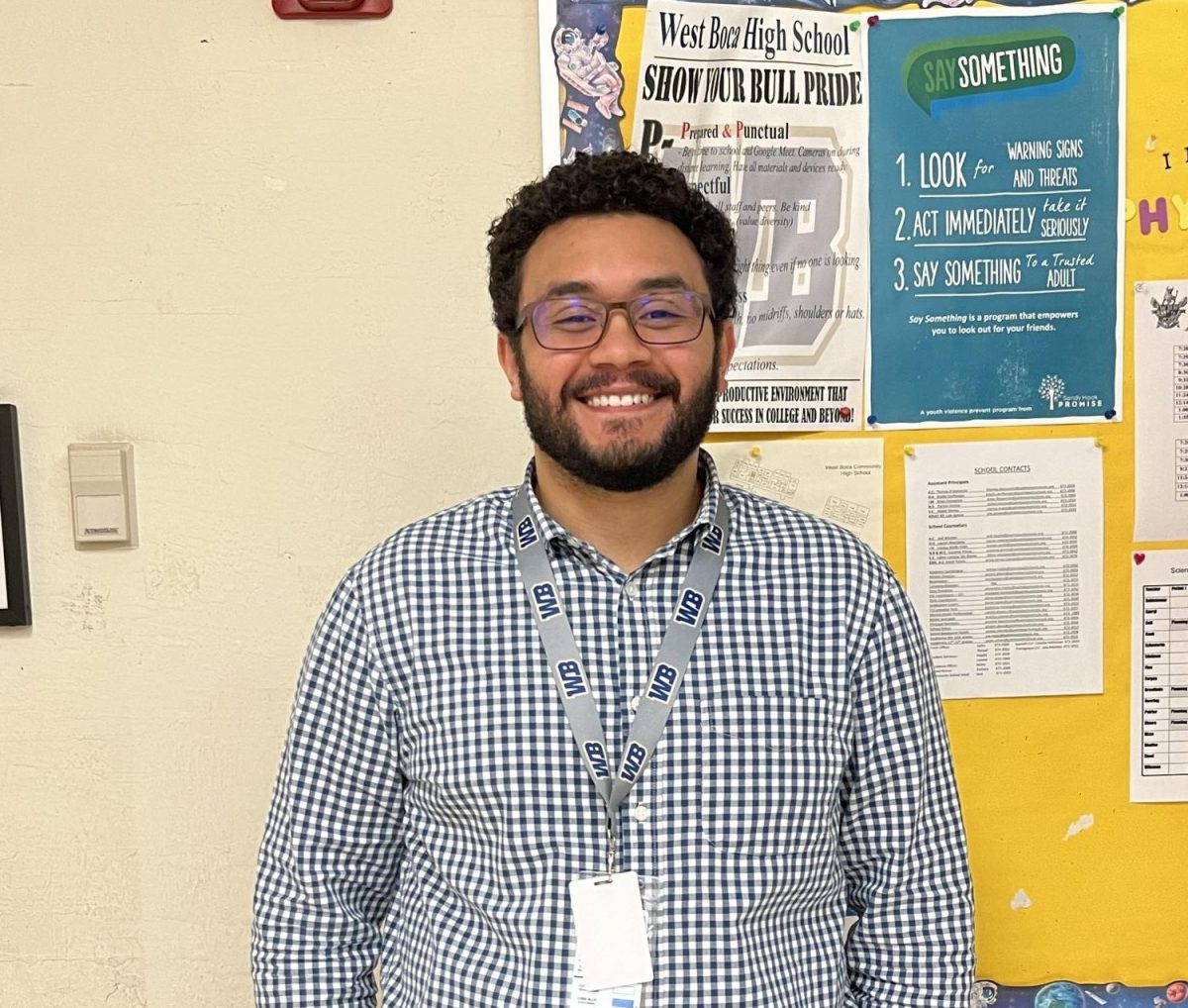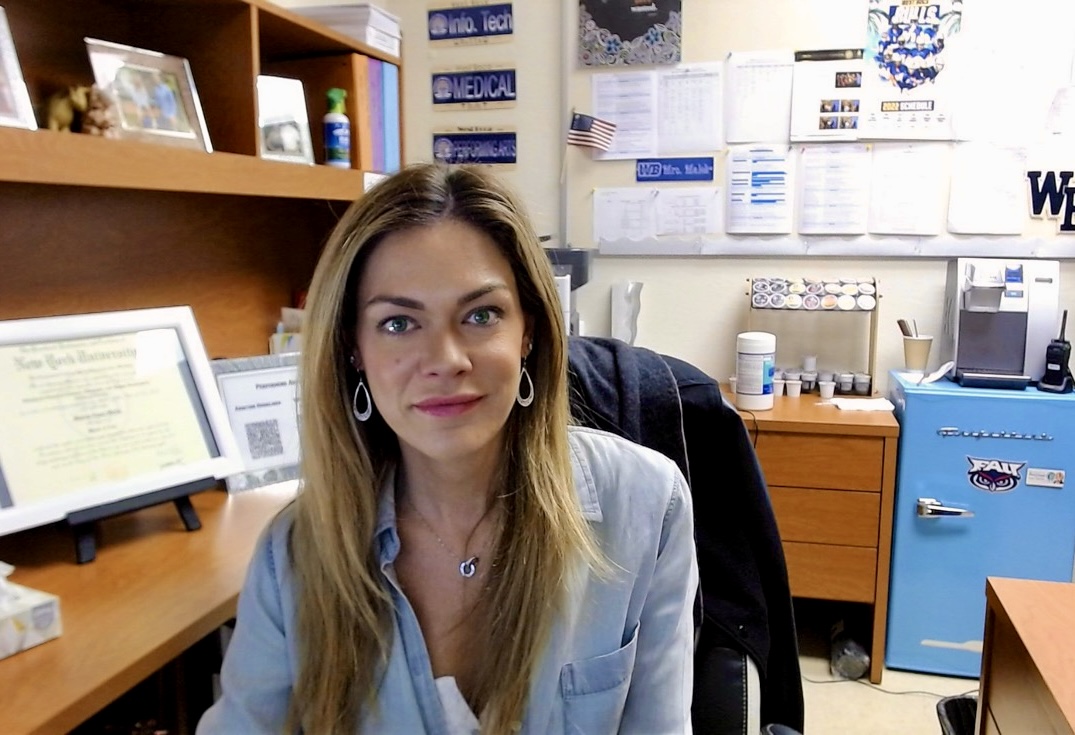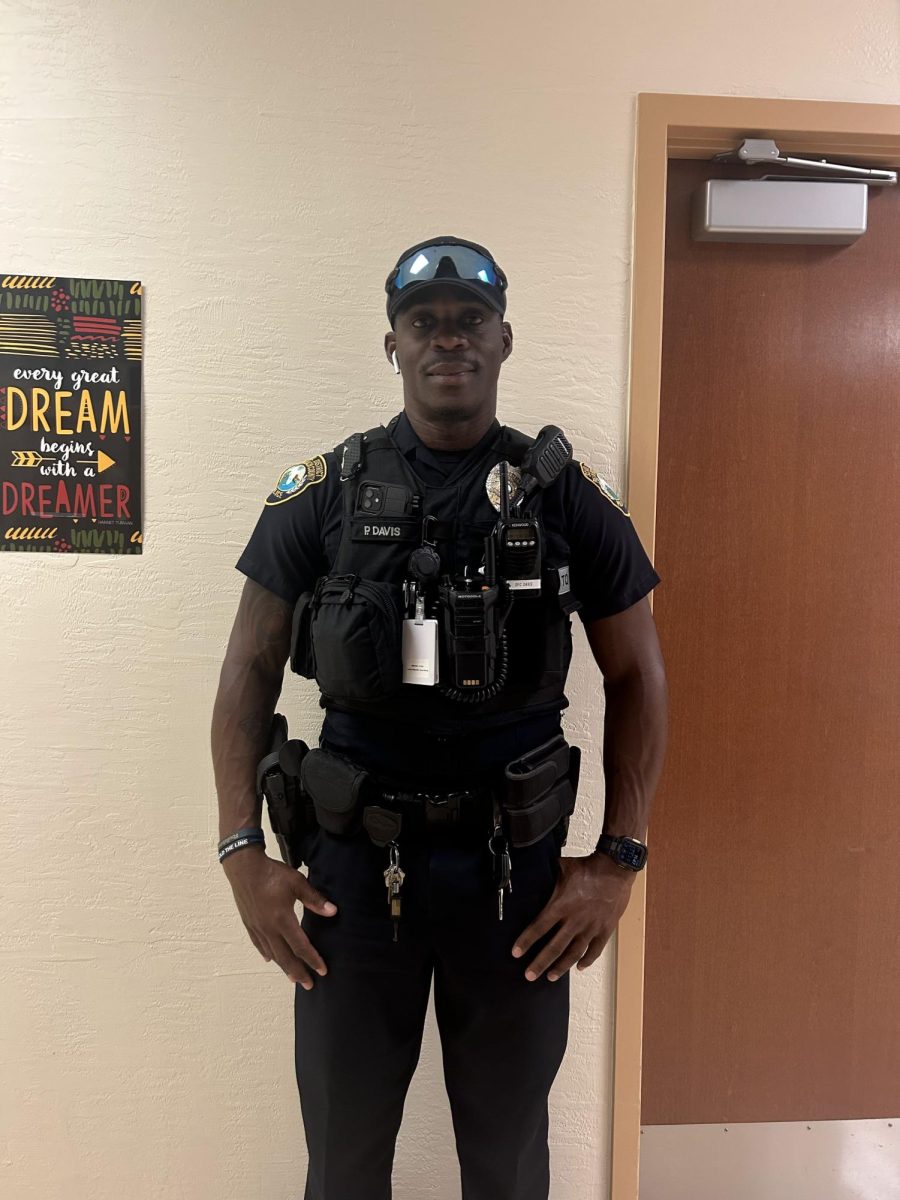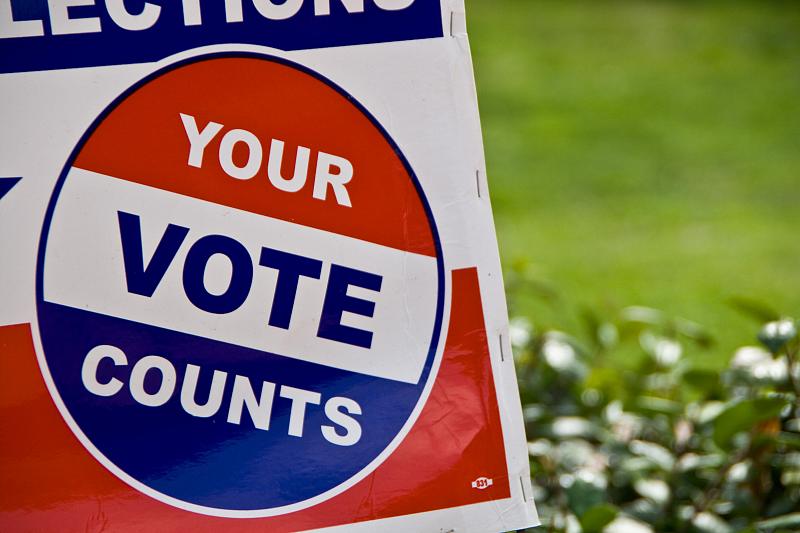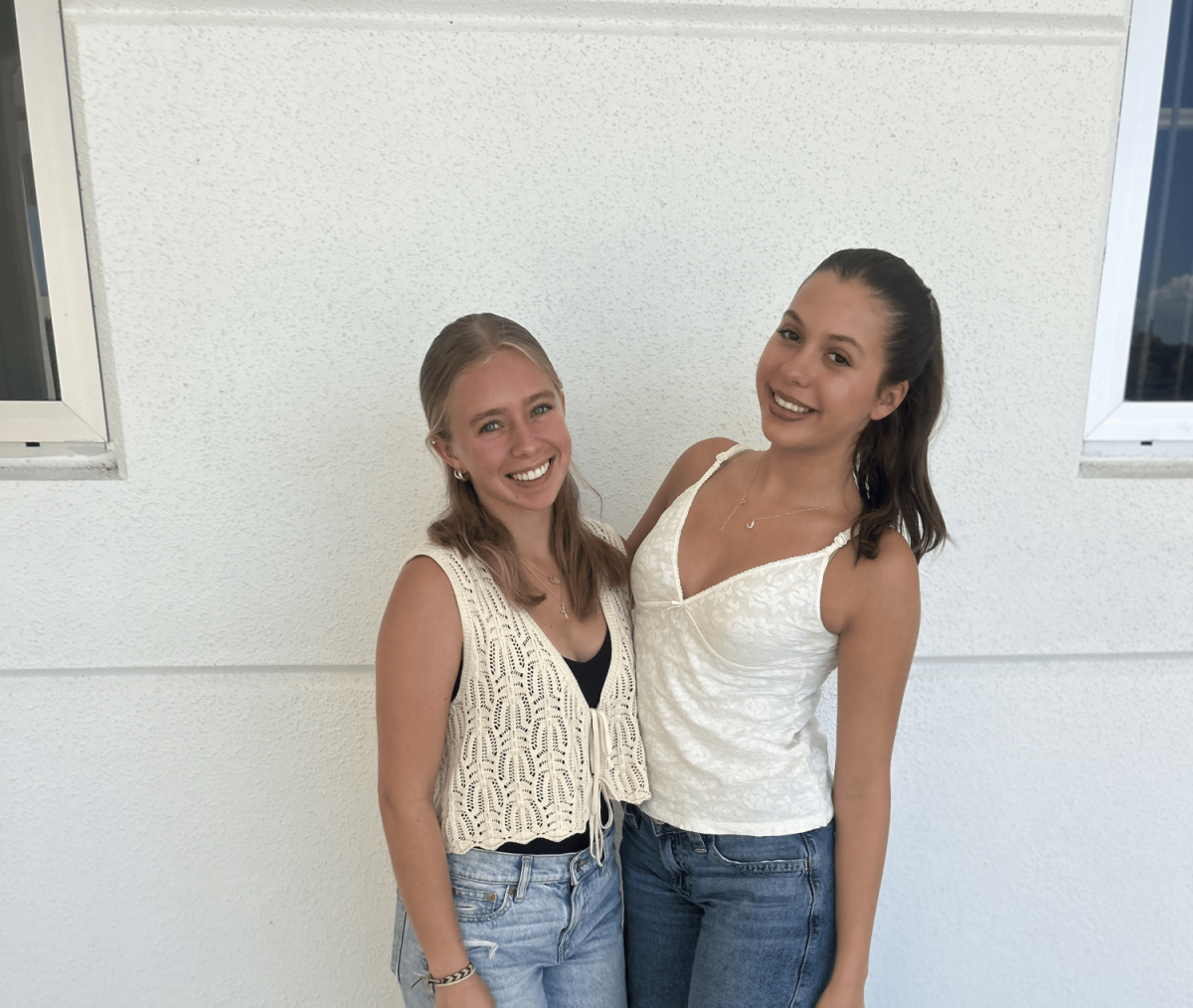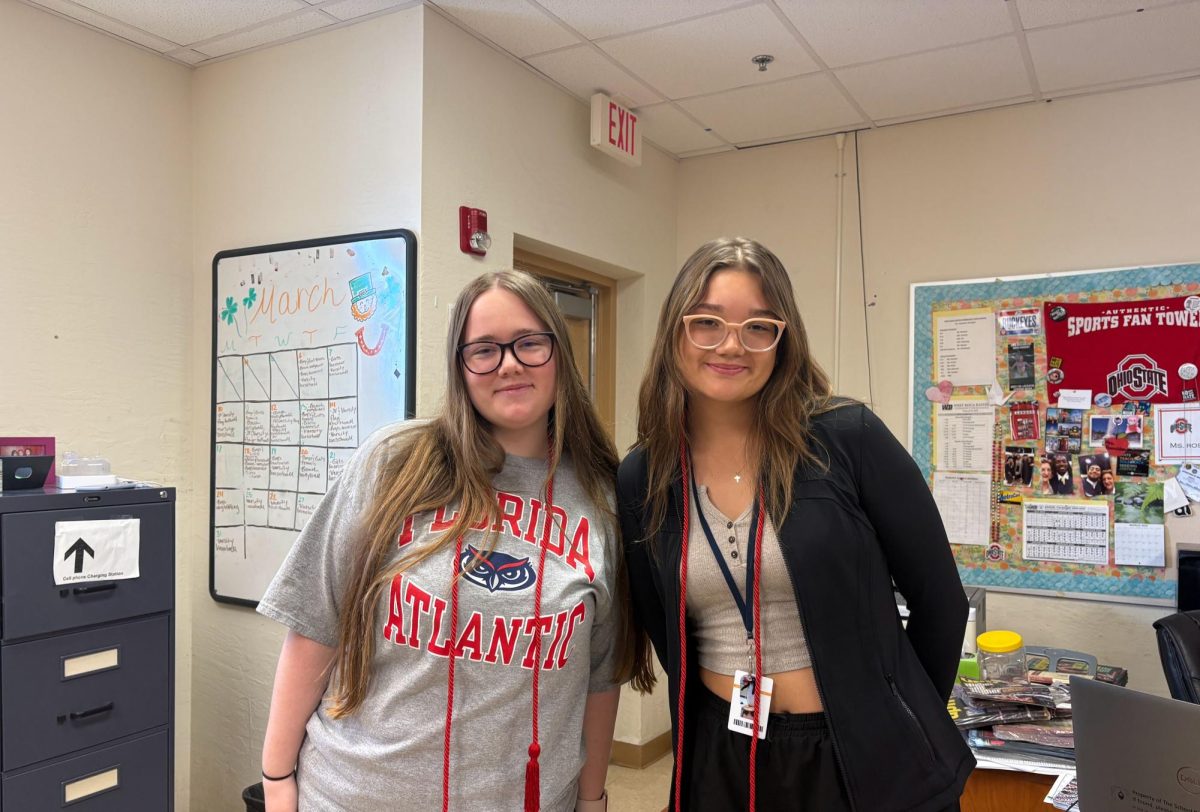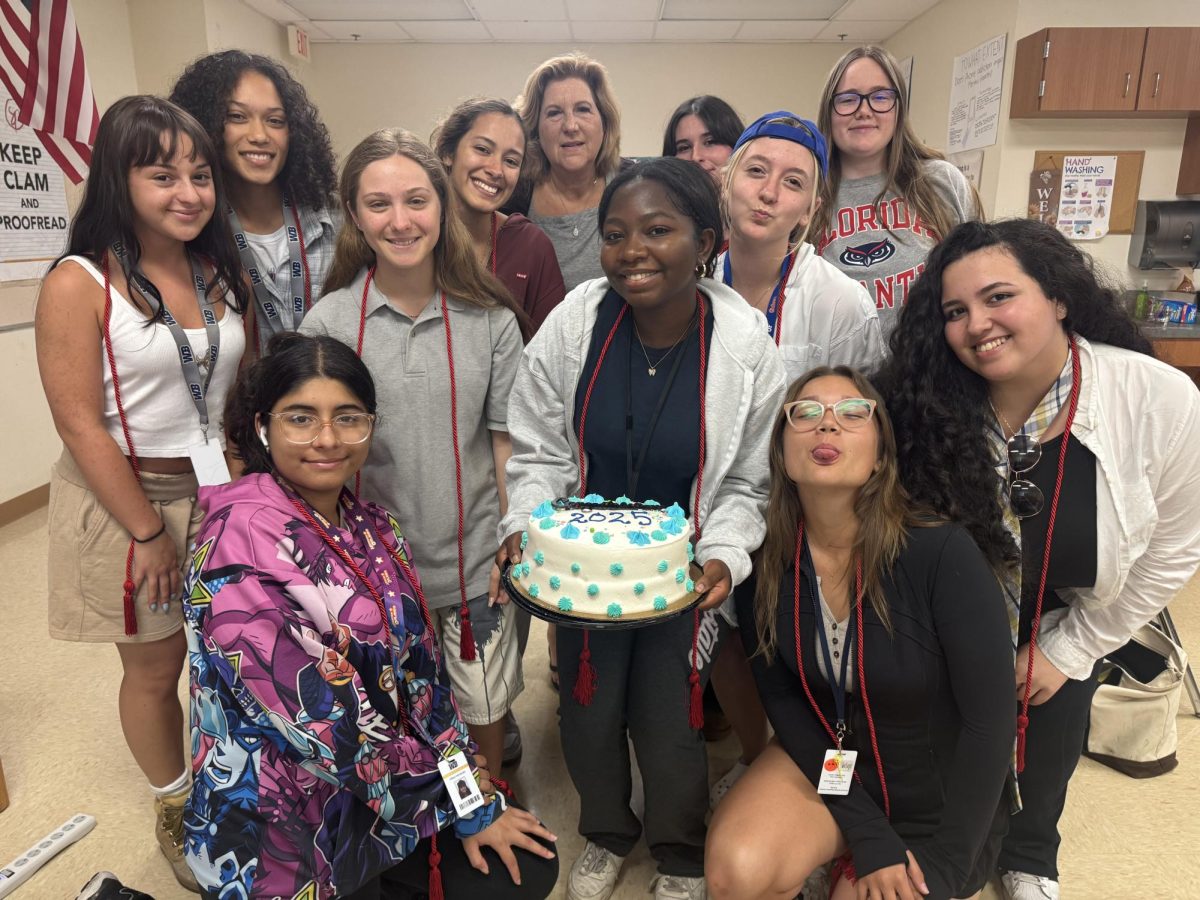Since 1787, the basis of our nation has resided in just one 4-page document. The Constitution, despite being two centuries old, has remained the foundation for everything from government to individual rights. The amendments to the constitution are limited, yet heavily marked by the struggle to expand voting rights. It’s crucial we understand the significance of this right because of those who have fought before us. We are, in fact, the future-decision makers and leaders of our country.
Although voting rights were ingrained in the constitution since ratification, the Founding Fathers did little to explain who was entitled to them. Why? Because they didn’t need to. At the time, it was a no-brainer that voting rights would be exclusive to property owning, white men above the age of 20. However, as our country evolved, so did our idea of equality and justice.
The 15th Amendment was ratified in 1870 with the purpose of granting African American men the right to vote. It prohibited the denial of voting rights based on both race and previous servitude. Still, discriminatory practices like poll taxes and literacy tests were implemented to silence Black voices. It wasn’t until nearly a century later that the Voting Rights Act aimed to alleviate the effects of systemic racism. So it may come as a surprise that even today there are practices that may limit certain people’s right to vote. The National Conference of State Legislators records, “a total of 36 states have laws requesting or requiring voters to show some form of identification at the polls.” Native American, college students, elderly, low-income, and rural voters are a few groups affected by this requirement, as stated by the League of Women Voters. These groups often lack the resources to obtain one, and are as a result unable to cast their ballot. Since the decision in Shelby County v. Holder allowed for stricter ID laws, “it resulted in the ineligibility of an estimated 608,470 registered voters in Texas.” Though advocates argue this law is necessary to ensure the integrity of elections. Evidently, the Supreme Court upheld voter ID laws since “not only is the risk of voter fraud real,” but “it could affect the outcome of a close election.” As a result, voter ID increases the public’s confidence in election results. Some studies show that they might mobilize individuals in both parties to vote. According to research in the Proceedings of the National Academy of Sciences, this is due to the “Democratic Party’s interest to push back against these laws” and “the Republican Party’s interest to advocate for them.” While the debate over voter ID laws continues, another aspect of modern voting practices that raises concerns is gerrymandering. Gerrymandering is the manipulation of electoral district boundaries to favor one party over another, often resulting in unrepresentative election outcomes. The redrawing of district lines has been used by both political parties to decrease the voting power of certain groups. The Supreme Court, in cases like Gill v. Whitford and Rucho v. Common Cause, has discussed the issue. Nonetheless, there has yet to be a standard for determining when gerrymandering goes too far. For instance, it can result in the election of representatives who don’t accurately reflect the political preferences of their constituents. This can lead to policies that may not align with the public’s interests. However, the issue remains complex as the drawing of district lines every 10 years is inherently a political process.
In 1920, the 19th Amendment granted women the right to vote after a seven year march. Today, women are registered to vote at a higher rate than men. Census.gov reports that as of 2022, 7.4 million more women are registered voters than men. Further, “In 2020, 68% of women who were eligible to vote reported that they voted, compared to the 65% turnout for men. In the 2016 presidential election, 63% of women and 59% of men reported voting.”
As we reflect on the evolution of suffrage in the United States, it’s clear that voting is an inalienable right we should not take for granted. Still many of us do. The New York Times asserts, “fewer than half of Americans 18 to 29 voted in the 2016 presidential election.” This can be for a number of reasons, from the lack of access to transportation to decreasing faith in America’s political system. Yet for some, the answer is as simple as apathy. An anonymous student at West Boca explains, “I’m not planning to vote, I just don’t care.” This can be attributed to a lack of civic education. Particularly, WBHS isn’t even offering Advanced Placement United States Government and Politics. Without this type of high-level course work, students graduate without a comprehensive understanding of the political system and their responsibilities as citizens. This knowledge gap can, as a result, cause disinterest in civic topics.
As the 2024 election approaches, the importance of civic engagement in our generation is of utmost importance. Elections aren’t just about choosing leaders. It’s essential we’re involved in the decision making process because these outcomes shape our future. The diversity of modern issues due to today’s rapid pace of change is something sometimes only we can understand. That’s why our nation needs an informed and active youth population. Civic engagement extends beyond the ballot. It includes staying up-to-date with current events, participating in discussions, and speaking up for policies that align with your values. And with social media, this is easier than ever.
If you’re not sure where to start, let’s take a look at the 2024 presidential candidates!
Republican Candidates: Donald Trump (currently in the national lead for the Republican primary- former president), Ron Desantis (Florida Governor), Nikki Haley (former UN ambassador), Vivek Ramaswamy (entrepreneur), Chris Christie (former New Jersey governor), Asa Hutchinson (former Arkansas governor)
Democratic Candidates: Joe Biden (currently in the national lead for the Democratic primary- presidential incumbent), Marianne Williamson (author), Dean Phillips (representative)
Third Party Candidates: Robert F. Kennedy Jr. (activist and lawyer- 69), Cornel West (activist), Jill Stein (physician)
This election season presents candidates with diverse perspectives and policy priorities. We recommend you take initiative to research them and their platforms to make an informed decision. If you’re not yet registered to vote, don’t worry. West Boca’s Law Society will be holding voter registration with the League of Women Voters in January.

